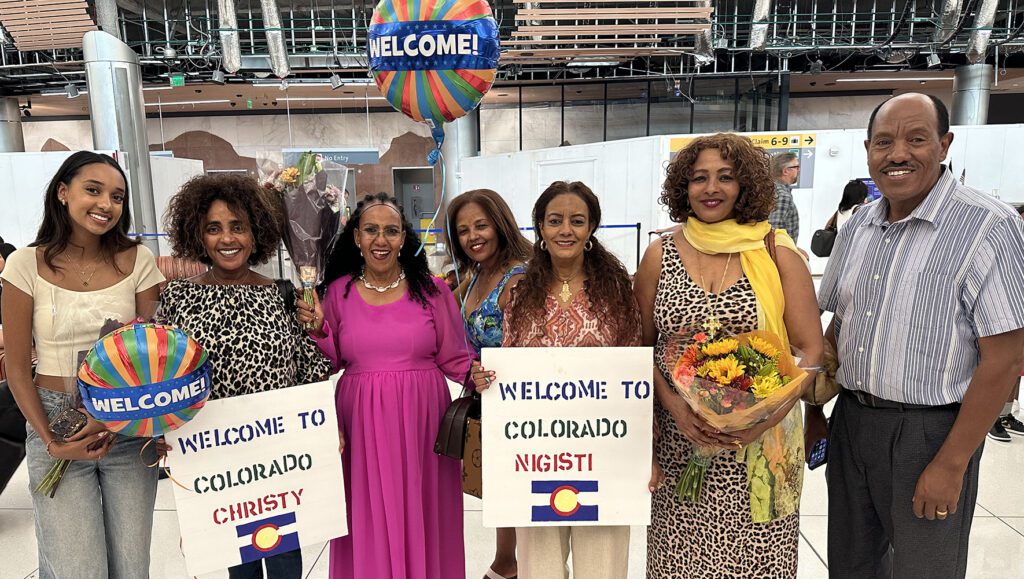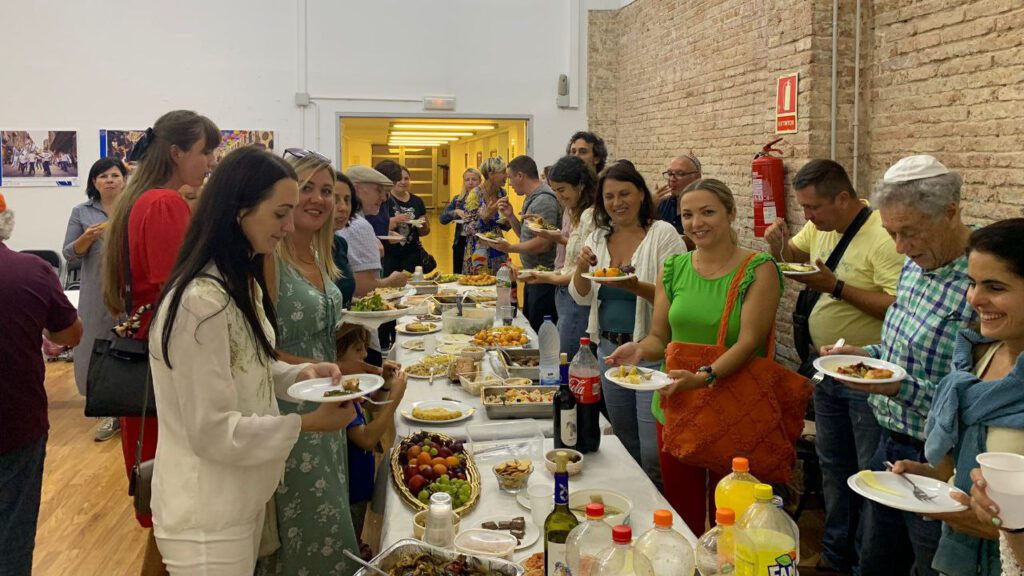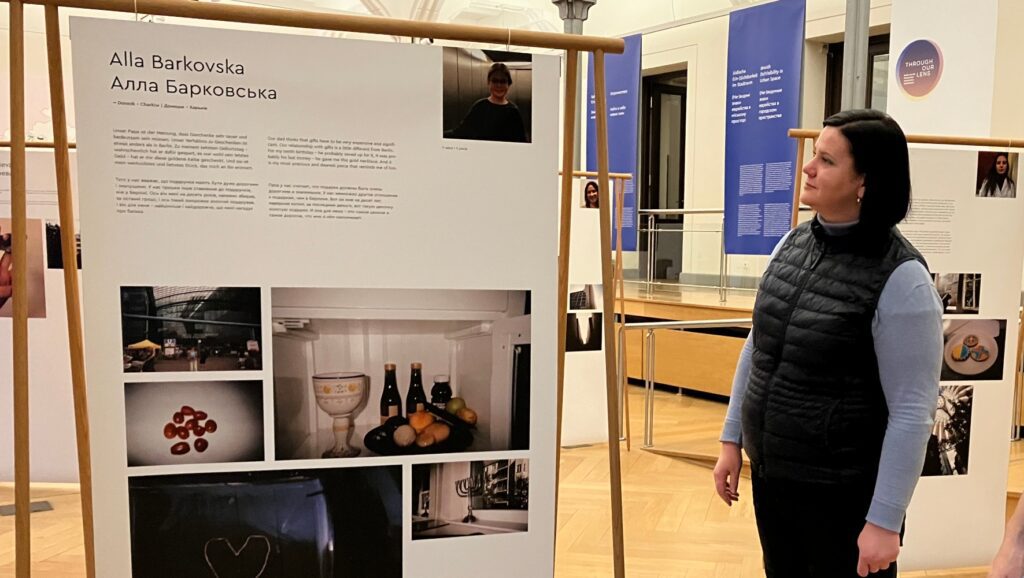Community sponsorship of refugees is rooted in the simple, powerful idea that everyday Americans can play a role in welcoming newcomers. But why, exactly, does it work so well?
A new report published with the critical support of the Walder Foundation delves into this question in great detail, profiling volunteers, staff, and newcomers in and near Chicago. Through careful research and inquiry, the report developed insights and lessons from the latest iteration of the community sponsorship program in the HIAS network. The report spotlights the perspectives of newcomers, volunteers, and staff interviewed during a visit to Chicago in partnership with HIAS’ longstanding partner Jewish Child and Family Services of Chicago (JCFS).
Here are key findings:
- Community sponsorship leads to personal benefits for the sponsors and the refugees. Newcomers feel welcomed, less isolated, and more connected during a vulnerable time, while volunteers often describe the experience as life-changing, forming deep bonds and gaining new perspectives. The relationships built go beyond the required commitment — creating mutual growth, healing, and a sense of extended family.
- Community sponsorship enhances refugee integration. Sponsorship significantly helps refugees access both essential and non-essential services more quickly than those without sponsors. Volunteers provide material support, transportation, accompaniment, and real-time cultural navigation that helps build trust and accelerates integration.
- Community sponsorship program design and communication are essential for success. Successful community sponsorship programs depend on a well-defined and consistently communicated division of responsibilities between volunteers, agency staff, and newcomers. Confusion over roles can lead to mismatched expectations, overstepping boundaries, or inefficiencies for all involved. Current community sponsorship groups also tend to be demographically homogenous. There’s strong interest in diversifying volunteer pools in order to extend the capacity of community sponsors through different skillsets and strengths.
- Community sponsors enhance cultural orientation and social capital for newcomers. Volunteers play a critical role in delivering informal, real-time cultural orientation that complements formal agency-run sessions. Their social networks can open doors to employment, education, and community services, helping newcomers gain stability and confidence more quickly.
You can read the full report here.



